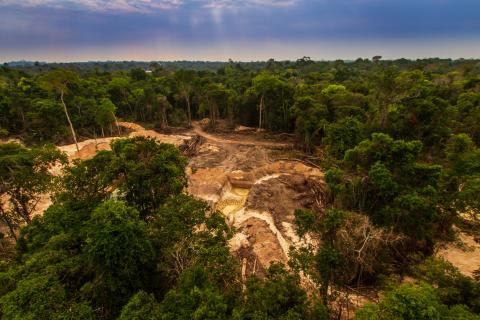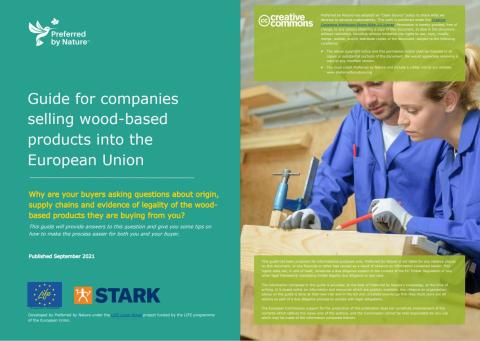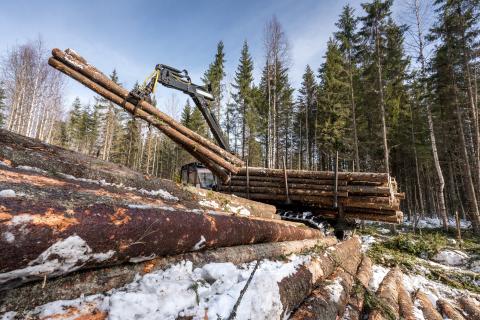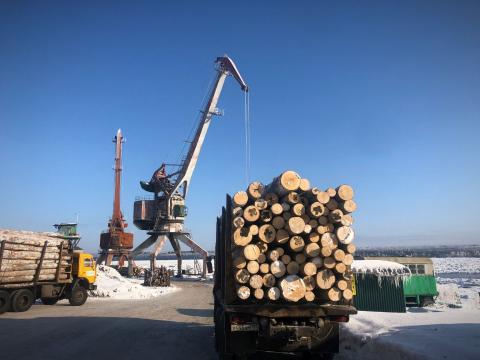Illegal logging in Madagascar leads to export ban
In the beginning of last year, Madagascar experienced a military coup resulting in political instability and lack of law enforcement.
This has made for easy access to conduct illegal logging in strictly protected reserves.
The organizations Global Witness and Environmental Investigation Agency (EIA) are warning that the French company Delmas has repeatedly shipped 'wood of dubious legality' from Madagascar.
On the 15th of March, the groups alerted the world community as another cargo containing hundreds of tons of suspicious rosewood was about to be shipped from the Malagasy port of Vohemar. The NGOs have rebutted the evidence of legality presented by Delmas in response to the criticism.
Following the outcry, the Malagasy government reinstated a ban on rosewood logging and exports on the 24th of March. Although welcoming this move, stakehoders remain concerned about the rigor of enforcement of the ban and the legality of current or pending shipments.
The main destination of Malagasy timber is China, however timber from Madagascar also reaches the shores of the US and Europe. US companies buying the timber could face penalties under the Lacey Act.
Big money, big problems
A report published by Global Witness and EIA in November 2009 estimated the trade in illegal rosewood from Madagascar as being worth between 80,000 and 460,000 USD per day. A revenue size that stands in sharp contrast to the very small wages reportedly paid to the forest workers involved in the often dangerous work.
Based on field investigations in Madagascar, the NGO investigators found the activity level of law enforcement authorities to be very low, suggesting either negligence or active collusion with traffickers.
Big revenues from illegal logging and lack of control thus combine to put Madagascar's most unique wildlife at risk: Most of the precious wood exported from Madagascar is reported as coming from Masoala National Park, the largest national park in the country and home to a host of rare species.
For example, four species of lemur thriving in the park’s forests are listed by IUCN among the most threatened primates in the world. Other protected areas are at stake as well.
How to avoid illegal wood
It can be hard to determine whether a specific shipment of timber is illegal or not - in particular since transshipments are often involved. However, according to Christian Sloth, manager of the Rainforest Alliance's legality verification program, it is still possible to act prudently.
"To avoid purchasing or trading in illegal wood, buyers first of all need to ask the right questions", says Sloth. "The best legality assurance which companies can provide to their customers is to purchase products that come from an FSC-certified forest. Merely purchasing wood from an FSC chain of custody certified operation is a good start but not enough – buyers need clear information that the product actually comes from an FSC certified forest. Another option is for suppliers or shippers to enroll in FSC’s Controlled Wood program or a widely recognized “verified legality” program such as the Rainforest Alliance’s Verified Legal Origin (VLO) or Verified Legal Compliance (VLC), when supplies of FSC-certified wood are insufficient".
Source: Press release from Global Witness and EIA, Mongabay
Top photo: Global Witness



